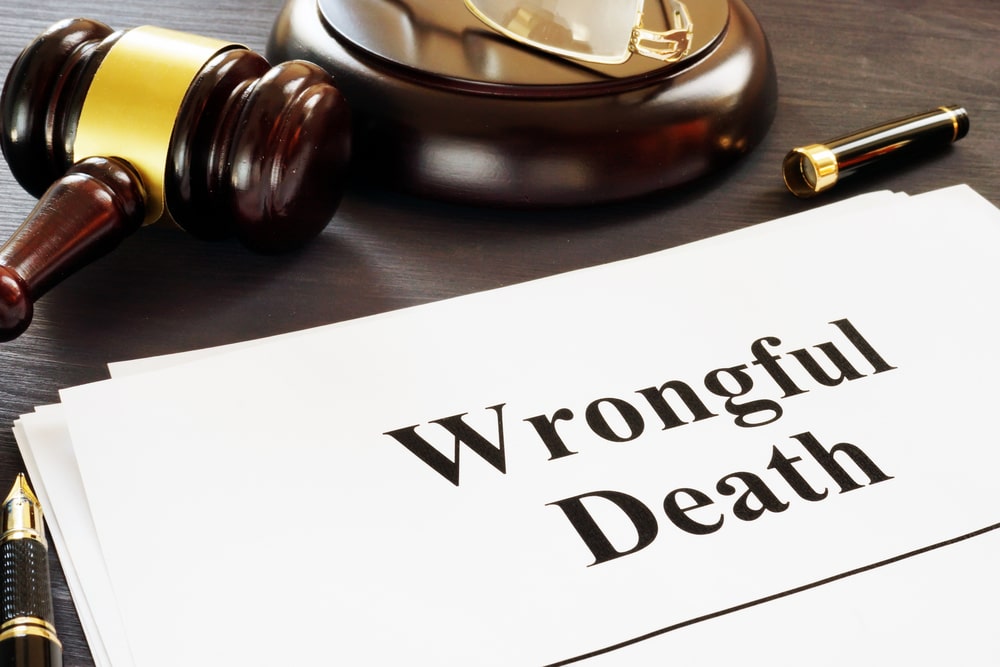
Losing a loved one is an immensely challenging experience, especially when their death is caused by someone else’s negligence or wrongful actions. In such cases, surviving family members may have the legal right to seek justice through a wrongful death lawsuit. Understanding the intricacies of wrongful death lawsuits, including the rights of the survivors, the legal process involved, and the potential implications, is crucial for navigating this complex area of law. If you have lost a loved one due to the negligence of another party, contact a wrongful death lawyer to find out how you can obtain financial justice.
Rights Of Survivors
Wrongful death laws vary by state, but in general, they grant certain surviving family members the right to file a lawsuit on behalf of the deceased. Typically, spouses, children, and parents are primary beneficiaries who can bring a wrongful death claim. In some states, other dependents or individuals who suffer financial losses due to the death may also have standing to pursue legal action.
The purpose of wrongful death lawsuits is to compensate survivors for the losses they have suffered due to the untimely death of their loved one, including financial support, companionship, and emotional guidance.
Legal Process
Initiating a wrongful death lawsuit involves several key steps, beginning with gathering evidence to support the claim. This may include witness statements, medical records, accident reports, and other documentation relevant to the case.
Once sufficient evidence is collected, the lawsuit is filed in civil court, typically by an attorney representing the surviving family members. The defendant, who is usually the party alleged to have caused the death through negligence or intentional harm, is served with the lawsuit and has the opportunity to respond.
The legal process proceeds with discovery, during which both parties exchange information and evidence relevant to the case. Negotiations for a settlement may occur at any stage of the process. If a settlement cannot be reached, the case may proceed to trial, where a judge or jury will determine liability and damages.
Damages And Compensation
In wrongful death lawsuits, damages may be awarded to compensate survivors for various losses resulting from the death of their loved ones. These damages can include economic losses such as funeral expenses, medical bills, lost income, and the value of household services provided by the deceased. Non-economic damages, such as pain and suffering, loss of companionship, and emotional distress, may also be awarded to survivors.
The amount of compensation awarded in a wrongful death case depends on factors such as the severity of the wrongdoing, the financial and emotional impact on survivors, and the jurisdiction’s laws governing damages caps and limitations.
Implications And Challenges
Wrongful death lawsuits can be emotionally and legally complex, presenting challenges for survivors seeking justice while coping with the loss of their loved one. These cases often involve high-stakes legal battles, aggressive defense tactics, and complex legal arguments, requiring experienced legal representation to navigate effectively.
Another factor to be aware of is the statute of limitations which imposes deadlines for filing wrongful death claims, underscoring the importance of timely action for preserving survivors’ rights. These time limits vary by state, so it is important to speak to an attorney as soon as possible.
